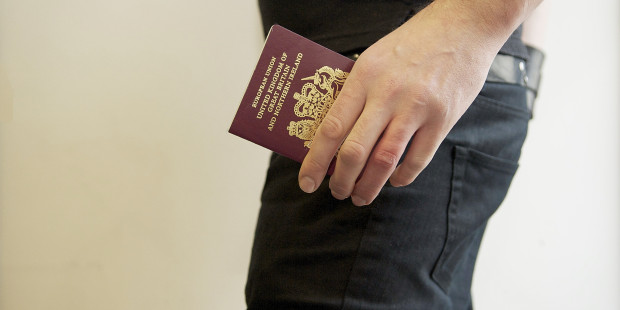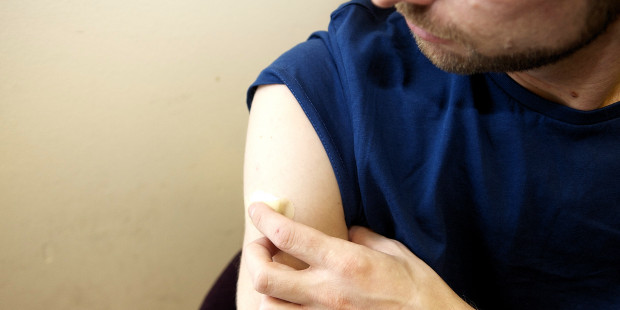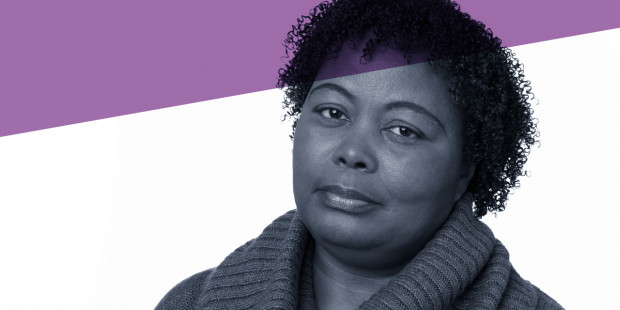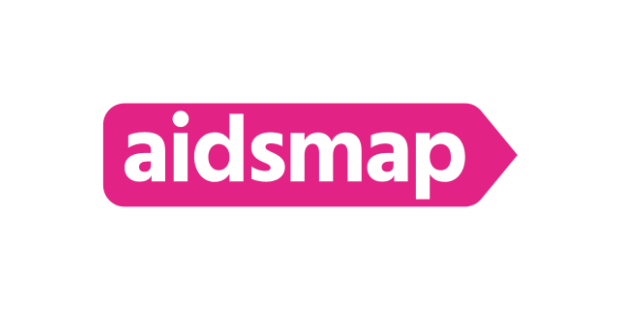Before you travel
It’s a good idea to consult with your doctor before you go. If you have a health issue or you’re about to change your treatment, the doctor might advise that you postpone your travel, although that’s not very likely if you’re on treatment and doing well.
Don’t forget to ask your doctor for a signed letter explaining that you need your medication for a chronic condition – it doesn’t have to mention HIV at all – in case the customs officers ask you about the pills in your luggage.
Before travelling on longer trips, speak to your HIV consultant, an HIV specialist nurse or the treatment information organisation, i-base, especially when there’s a significant time zone difference to the UK.
No treatment regime is completely free from side effects. Make sure your side effects are manageable before travelling and take anti-sickness pills and anti-diarrhoea medication as required.
Before you leave, make sure you have appropriate travel insurance set up. You can call THT Direct on 0808 802 1221 for a referral.
Don't be tempted to take a break from HIV treatment
Don’t take a break from your treatment. This is dangerous and can stop your medication from being effective (this is called ‘drug resistance’). Your general health is also likely to suffer.
Never stop taking your treatment without consulting with your doctor first.
Planning for taking medication abroad
You should plan ahead to adjust your treatment to your holiday routine and prepare for how you’ll deal with:
Having enough medication
Take enough medication for your trip, plus several days extra in case you’re delayed or change your travel plans. Count out your doses in full plus the extra before packing.
However, it’s best not to take excessive quantities, as customs and immigration officials at the airport or border crossing may treat this as evidence of an intention to overstay the permitted entry.
Jet lag
Taking your treatment regularly can get tricky when you’re travelling – especially if you’re crossing time zones.
The disruption of routine, and the fatigue and memory problems brought on by jet lag can cause you to forget to take your medication.
Make sure you set your alarms and reminders accordingly before you travel. You could stick to the UK times for taking your treatment, or find a way of staggering the taking of your meds before departure by an hour each time a dose is taken until the timings are suitable for your arrival time zone.
The Well Project has some useful tips for adjusting your dosing schedule when crossing time zones.
Storing your medication
Make sure that you can store your medication safely while you’re on the road. Some pills have to be shielded from extreme temperatures, humidity or bright lights.
It’s unlikely that your HIV medication will need special storage but there are exceptions, especially when it comes to older medication and treatment for drug-resistant strains.
Check the labels on all the pills you take and prepare appropriate containers for those that need it – you might have to get cooling packs, desiccant (a drying agent, like silica gel) or light- and humidity-proof boxes.
Taking your pills
If you’re not sure about the quality of tap water in the country you’re travelling to, always have a bottle of mineral water with you when it’s time to take your treatment.
If any of your pills have to be taken with a meal, it might be a good idea to take some snacks with you – for example, crackers or cereal bars travel well and don’t need preparation or refrigeration.
Losing your meds
Always keep your medication in your carry-on luggage when travelling – don’t check it in, in case your luggage gets lost.
But just in case you do lose track of them, make sure you research local HIV clinics and charities ahead of your trip.
You can call the embassy of the country you’re travelling to – anonymously – to find out if you’ll have access to medication.
Posting medication abroad
International mail can often be delayed or lost altogether so this is not recommended. If you choose this option, post it well in advance to someone who can verify that it has arrived.
Customs officials do inspect posted items. If you do send medication ahead, you should fill out and include a customs declaration stating the parcel contains prescribed medication, for personal use only, without any commercial value. Enclose a letter from your doctor advising the medication is for personal use. The letter does not have to detail your condition.
Remember that it’s as illegal to post drugs as it is to carry them if the medication is restricted by customs.
Injectable HIV treatment
Temporarily switching to injectable HIV treatment might be an option for you if you are concerned about travelling with your HIV medication or entry restrictions for people with HIV. Talk to your doctor about what injectable HIV treatment is available where you are, and whether they can provide an injection which will cover you for your trip. You may need to switch back to daily tablets when you return.
Travelling with your medication
Don’t store your medication in a bag you’re going to check in. It’s best to carry medication in your hand luggage in case of checked luggage being delayed or lost.
Customs
Customs regulations require prescription medication carried into most countries to be accompanied by a letter from the prescribing doctor that explains the purposes of the medicine. This requirement applies to all prescription drugs and is not specific to HIV medication.
If you’re stopped on entry by customs, they should not cause any fuss about your medication if you have this letter.
If you’re searched by customs, this should be done individually and not in front of others. You may have the right to request a private room or screen.
This is the most likely point of discovery if the country has restrictions to people living with HIV travelling or the carrying of HIV medication.
Medical problems abroad
Running out of medicine
There are a number of options for people running out of medication, depending on where you are. It’s very important to provide as much documentation as possible in order to get access to the medication required and to limit the cost to you.
If you’re stranded overseas you can approach local HIV clinics or support organisations for help. In Europe, you may be able to find local clinics using the NAM test finder.
What you pay will depend on where you are.
Your clinic in the UK should be able to provide a letter by email or fax detailing what treatment you’re receiving and what drugs you need – in particular the correct dosages.
European Health Insurance Card
If you have the European Health Insurance Card (EHIC), it will be valid until the expiry date on the card. Once it expires, you’ll need to apply for a UK Global Health Insurance Card (GHIC) to replace it.
The GHIC lets you get state healthcare in Europe at a reduced cost or sometimes for free. You will have to pay any local costs that would be normally met by local residents from their own pockets or health insurance.
A similar situation applies for countries with reciprocal health agreements.
NHS prescription
An NHS prescription is not valid overseas so you may need to obtain an appointment with a doctor in order to get a prescription. This will not be the case in all countries and it may be possible to buy antiretrovirals without a prescription from a pharmacy.
Emergency situations highlight the importance of having adequate travel insurance that includes HIV cover.
The NHS has more information for British citizens on covering your healthcare abroad.







